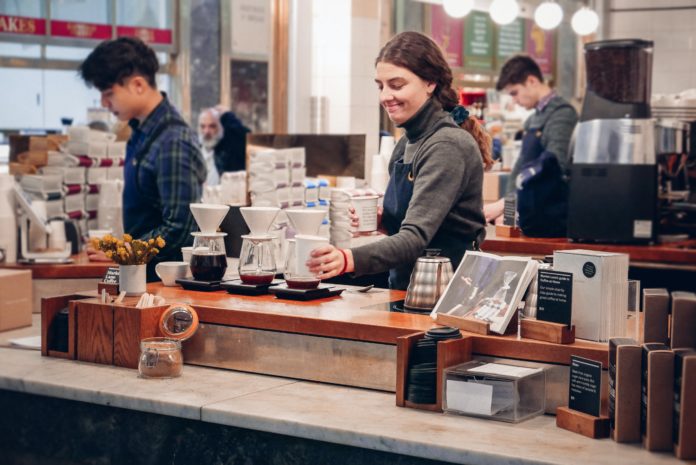Australia has one of the largest casual workforces in the world and it has been hard-hit by COVID-19 restrictions, with almost 70% of casual workers reporting they are suffering financially, a Humanforce survey has revealed.
This financial hardship experienced by casual workers was the result of many employers having shut-down or reduced staff and hours as a result of COVID-19, according to 70% of casual workers surveyed.
“COVID-19 has seen a number of Australian businesses that typically employ high numbers of casual workers, especially in the hospitality, retail and event sectors, having to drastically scale back their operations or close entirely due to social distancing restrictions,” said Bruce Mackenzie, Managing Director and Founder, Humanforce.
“There have been many implications for Australia’s large pool of casual workers who have suddenly lost their jobs entirely or have had their shifts reduced dramatically, with the most pressing issue of all being the major financial hardships they are currently facing,” he continued.
Australia’s workforce is made up of 25% of casual workers, which is one of the highest rates amongst the OECD’s 14 member countries, according to its 2019 Employment Outlook.
“So many casual jobs in Australia are reliant on cafes, restaurants, bars, physical retail stores, event venues and stadiums being open,” added Bruce. “If these businesses aren’t open and operating at anything near normal levels, then there is no role for many casual workers, because their jobs must be performed on site, not remotely.”
The fact that casual work is heavily reliant on being able to work on site was reflected in Humanforce’s survey, with 68% of casual workers saying their job could not be undertaken remotely or working from home.
The research also showed that employers are more likely to rely on more basic and traditional methods of communication with casual workers, compared with the more advanced digital engagement tools available to full-time employees. Survey respondents indicated that a low number of employers communicated with them via messaging apps (24%) or video conferencing (24%), instead choosing to maintain contact with employees using email (65%) or phone calls (56%) and text message (42%).
“Casual worker engagement is critical for Australian businesses looking to maintain a level of business continuity through the COVID-19 period, as without a motivated, connected workforce achieving sales and fostering positive customer service experiences becomes more challenging,” explained Bruce.
Workplace engagement was also highlighted as being a key concern to casual workers. Casual workers whose employment had been interrupted by COVID-19 said staying in touch with the company for when it reopened (18%) and maintaining relationships with co-workers (17%) were primary concerns.
Alarmingly, 25% of causal workers also said that they would experience a loss of motivation to continue working with a company in the event they were stood down.
“Australian businesses need casual workers to assist in their recovery from COVID-19 lockdowns. As businesses re-open following the easing of lockdown restrictions, those employers who maintained communication with workers and kept them connected with the business will find themselves best placed to benefit,” said Bruce.














